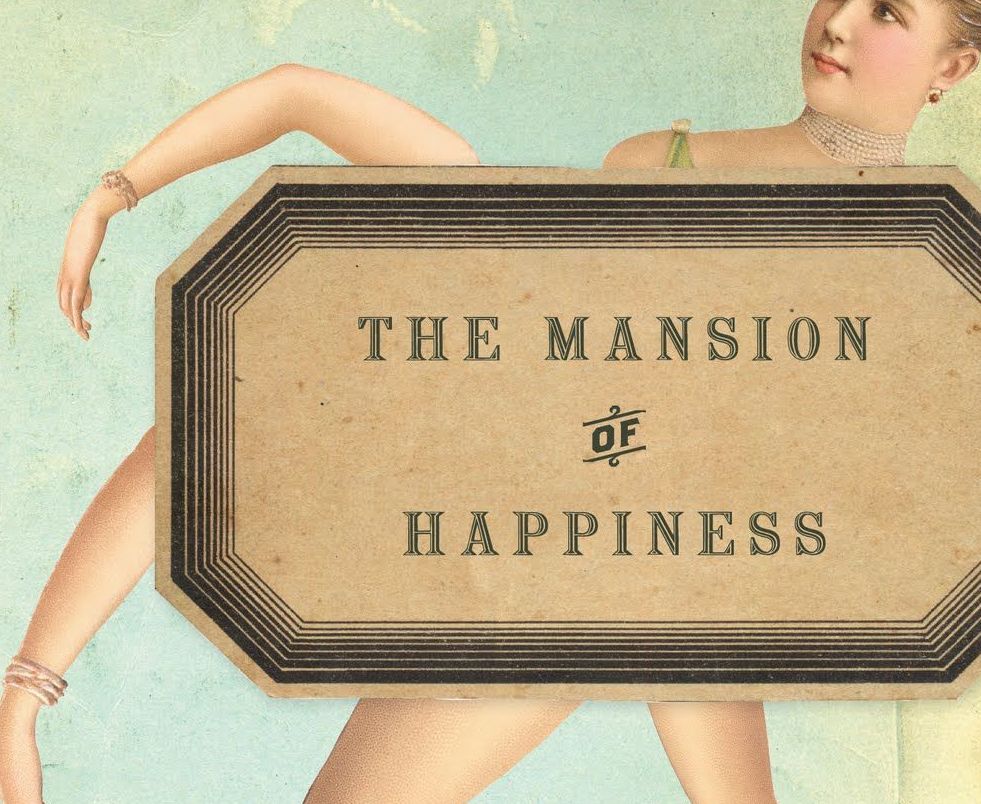The Mansion of Happiness
Robin Ekiss,
University of Georgia Press, $16.95 (paper)
Robin Ekiss’s first book, concerned with both the play and constriction of domesticity, takes its title fittingly from one of the first board games published in the United States, a nineteenth-century precursor to the Game of Life. “I was raised in the company of dolls,” we read in “Preface,” projecting us into a meditation on the significance of these inert instruments of play. Yet to dwell on the pawn-like nature of the doll would be too easy. Rather, for Ekiss the doll stands as a figure for the muteness of remembrance, the endless repetition of its hall of mirrors: “Imagine: a dollhouse in every room— / in every room, another room, / in every girl, another girl / looking out a tiny window, / her face repeated on the glass.” These are poems about seeing things inside other things—look into this dollhouse, this Faberge, this succession of Russian nesting dolls, this animal’s shell, this sparkling diorama. Thus Ekiss insists on the oft-neglected lyric power of prepositions, without which placing one thing inside another might be unthinkable, not just unspeakable. Yet this containment also necessitates the opposite movement, toward escape, and these poems ultimately are concerned with the interplay between the two that is memory. The mansion becomes all that we seal up inside and all that we learn to let go.








